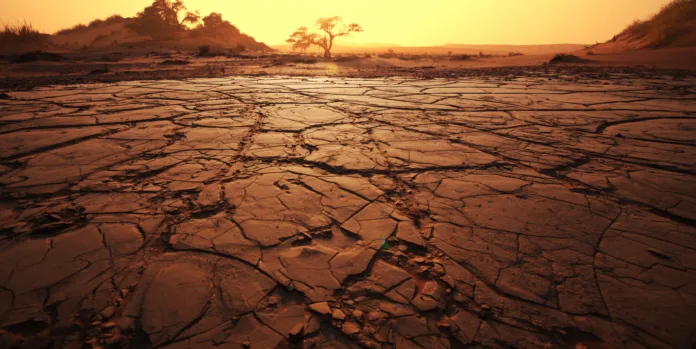Saudi COP16 Pledges: Addressing land degradation and drought with Vision 2030 leadership in sustainability
Saudi Arabia took centre stage at COP16 in Riyadh, making a historic $12 billion commitment through Saudi COP16 Pledges for land restoration and drought resilience initiatives. Held from December 2-13 under the theme “Our Land. Our Future,” the conference united representatives from 196 countries and international organizations. It highlighted the nation’s leadership in tackling desertification, land degradation, and climate change, signalling a pivotal move towards a sustainable future.
At the heart of the pledges, the Arab Coordination Group announced a staggering £10 billion fund dedicated to global projects tackling these pressing issues. Additional contributions followed, with $1 billion each from the OPEC Fund and the Islamic Development Bank. Saudi Arabia itself committed $150 million, further cementing its status as a leader in sustainability efforts.
The Saudi Minister of Environment and COP16 President, Abdulrahman Al-Fadhley, inaugurated the event by calling for intensified global collaboration. He underscored the particular vulnerability of the Middle East to desertification, describing it as one of the regions hardest hit by the impact of climate change. Al-Fadhley declared, “The Middle East stands ready to lead through collaboration and innovation,” emphasising that collective action is key to combating the growing environmental crisis.
Saudi Arabia’s Vision 2030 served as a central pillar of the discussions, showcasing the Kingdom’s comprehensive green agenda. Under this initiative, Saudi Arabia aims to restore 40 million hectares of degraded land and increase national reserves by 30 per cent, all while achieving a 50 per cent renewable energy mix within the next six years. Al-Fadhley highlighted the Saudi Green Initiative, launched in 2021, as a significant milestone. To date, it has resulted in the planting of 95 million trees and the restoration of 111,000 hectares of land.
Embed from Getty ImagesOutgoing COP15 President Alain-Richard Donwahi of Côte d’Ivoire passed the baton to Saudi Arabia with a powerful reminder of the urgency of the task ahead. Meanwhile, UNCCD (United Nations Convention to Combat Desertification) Executive Secretary Ibrahim Thiaw presented a sobering statistic: nearly 40 per cent of the Earth’s land is already degraded, impacting over three billion people worldwide. Thiaw warned that failing to address these issues would exacerbate food insecurity, intensify conflicts, and drive forced migration.
The conference also witnessed innovative discussions around leveraging technology and science for environmental solutions. Delegates explored how advanced water management techniques, reforestation strategies, and renewable energy adoption could mitigate desertification’s effects. Riyadh’s role as host city was fitting, as the Kingdom has emerged as a significant player in driving climate action and fostering global partnerships.
COP16 didn’t just focus on financial pledges; it emphasised the need for immediate action. The discussions highlighted the growing recognition that land degradation is not merely an environmental issue but one deeply tied to economic stability, food security, and social well-being.
The conference concluded with a renewed sense of purpose. Saudi Arabia’s leadership throughout the event underscored its commitment to sustainability as a core national value, while pledges from international donors reflected the growing understanding of the interconnectedness of global environmental challenges.
As the curtain fell on COP16, the Kingdom left an indelible mark on the global sustainability movement. By placing environmental restoration at the forefront of its agenda, Saudi Arabia has signalled to the world that it is ready to take on one of the 21st century’s most daunting challenges, armed with innovation, collaboration, and a vision for a greener future.
